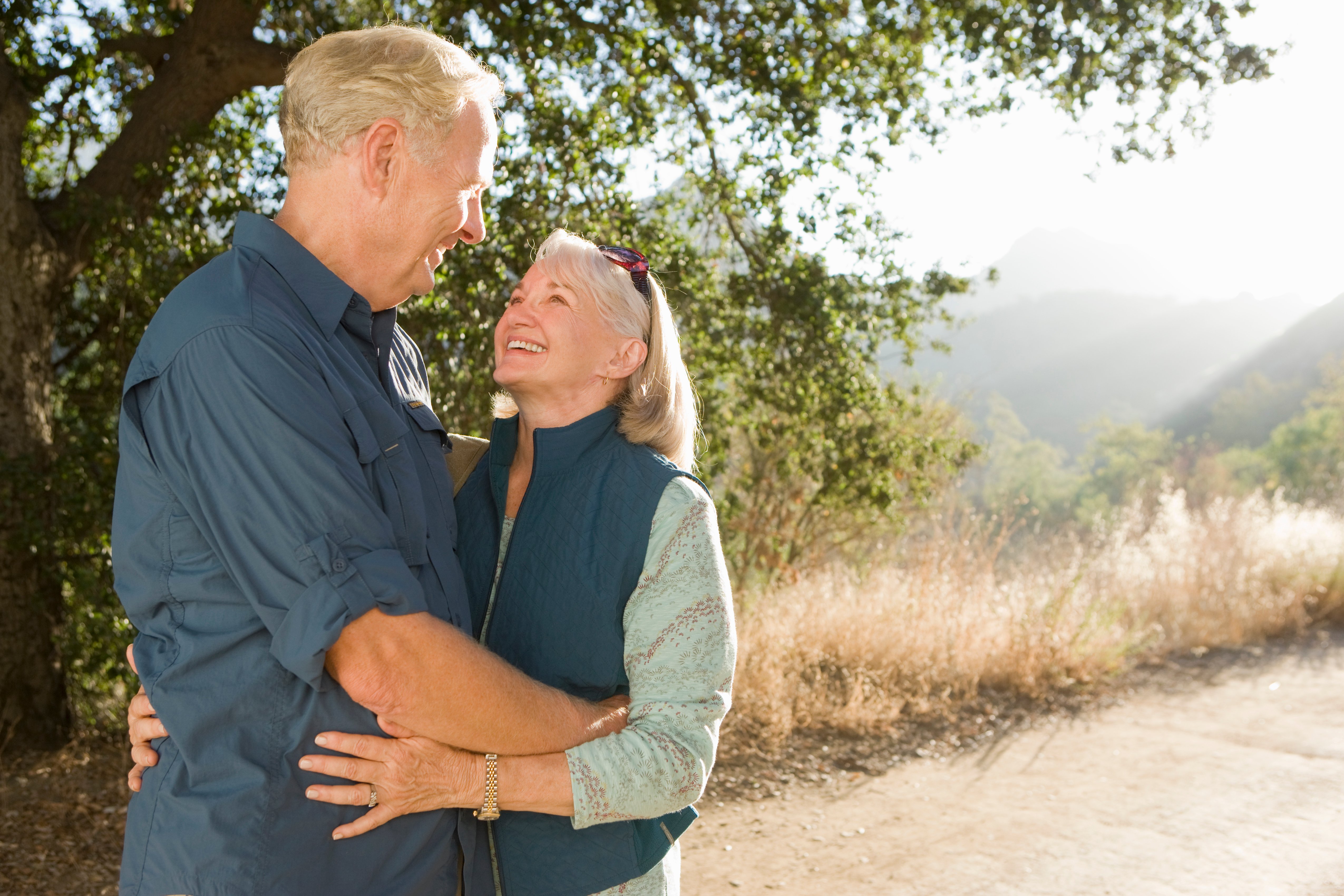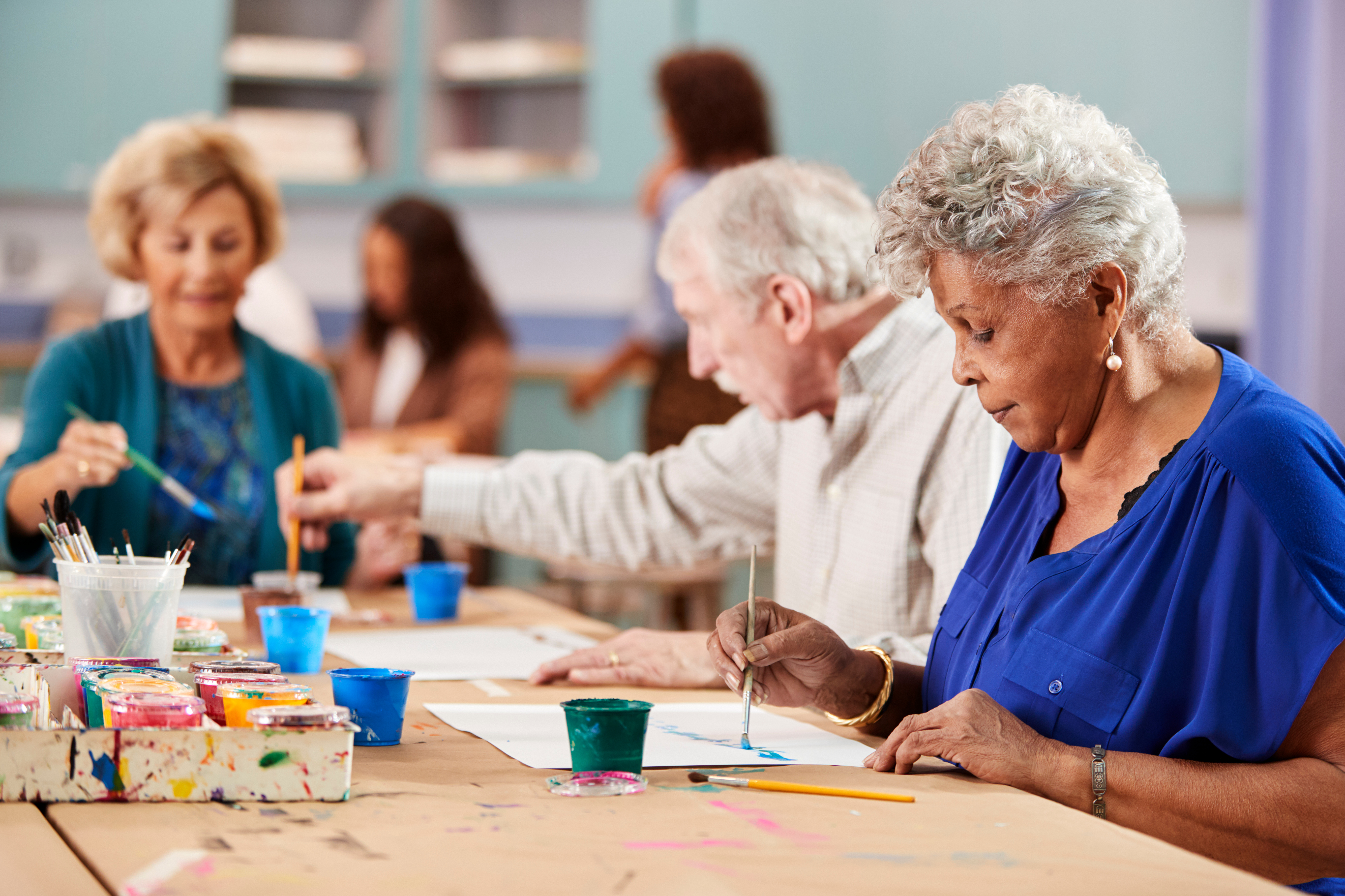The Psychology of Aging
At times, aging can seem like a difficult thing to accept. You may feel like you can no longer do the same energetic and physical activities you enjoyed in your younger years, or even just a short decade ago. It’s all a big deal, and if not handled with care, can have a severe psychological impact on how a person feels about themselves.
What is Positive Aging?
Positive aging is an approach that recognizes how our mindset and attitudes affect our physical and emotional wellbeing as we get older. The Positive Psychology Institute defines it as, “The process of maintaining a positive attitude, feeling good about yourself, keeping fit and healthy, and engaging fully in life as you age.”
Unfortunately, many cultures still perpetuate negative ideas about getting older, and if internalized these can act as a ‘self-fulfilling prophecy’ that increases the odds of poor health. Positive aging strives to combat this negativity by promoting the positive aspects of aging—of which there are many!
Let’s take a closer look at some way you can adopt a more positive aging mindset, prepare for what’s to come and maybe even boost your life expectancy as a result.
4 Simple Tips For Positive Aging
Enjoy Daily Physical Activity
According to a review from the National Library of Medicine, physical activity prevents loss of physical and cognitive function and improves mental health and social engagement, therefore increasing an individual’s chances of successful aging.
For those aged 65 and over, it’s important to be mindful of your fitness level, and if you’re not sure if exercise is safe for you, be sure to ask your doctor. Otherwise, adhering to the recommended 30 minutes a day of moderate exercise for at least five days a week will make it a priority and habit in your daily life.
Stay Social
Studies show that social isolation is linked to a number of mental and physical health risks. Infact, the National Institute on Aging says research has linked social isolation and loneliness to higher risks of high blood pressure, heart disease, obesity, depression, cognitive decline, Alzheimer’s disease, and more.
It is therefore vital for seniors to dedicate some of their time to meeting like-minded friends. Some ways to do this could include volunteering, travel or taking up a new hobby. If your health doesn’t allow for this, you may find an independent living or assisted living community to be a good alternative.
Remain Purposeful
Having a sense of purpose in your life can lead to reduced stress, improved coping techniques, and greater engagement in health-promoting behaviors. Post-retirement, finding meaning is often something that people struggle with, as their sense of purpose is strongly tied to the structure, responsibility and commitment of work. However, retirement offers a wonderful opportunity to rediscover your passions and focus your time on the things that are most important to you.
Value Good Nutrition
It should come as no surprise that eating healthfully and having an active lifestyle will support positive aging. Luckily, there are plenty of simple adjustments you can make to your eating patterns in order to meet your nutrient needs and reduce the risk of disease:
- Enjoy a variety of foods from each food group and choose foods with little to no added sugar, saturated fats, and sodium.
- Make sure you get enough protein throughout the day to maintain muscle.
- Swap sugary snacks for sliced or chopped fruits and vegetables.
- Try foods fortified with vitamin B12, such as some cereals.
- Drink plenty of water throughout the day.
- Drink alcohol in moderation (defined as up to one drink per day for women, and up to two drinks per day for men).
The Secret To Positive Aging
Like many things in life, age is strictly a case of mind over matter. No matter your age, if you have a negative attitude, it will worsen your quality of life. So, keep learning, own those smile lines and enjoy the non-stop adventure older age brings.




